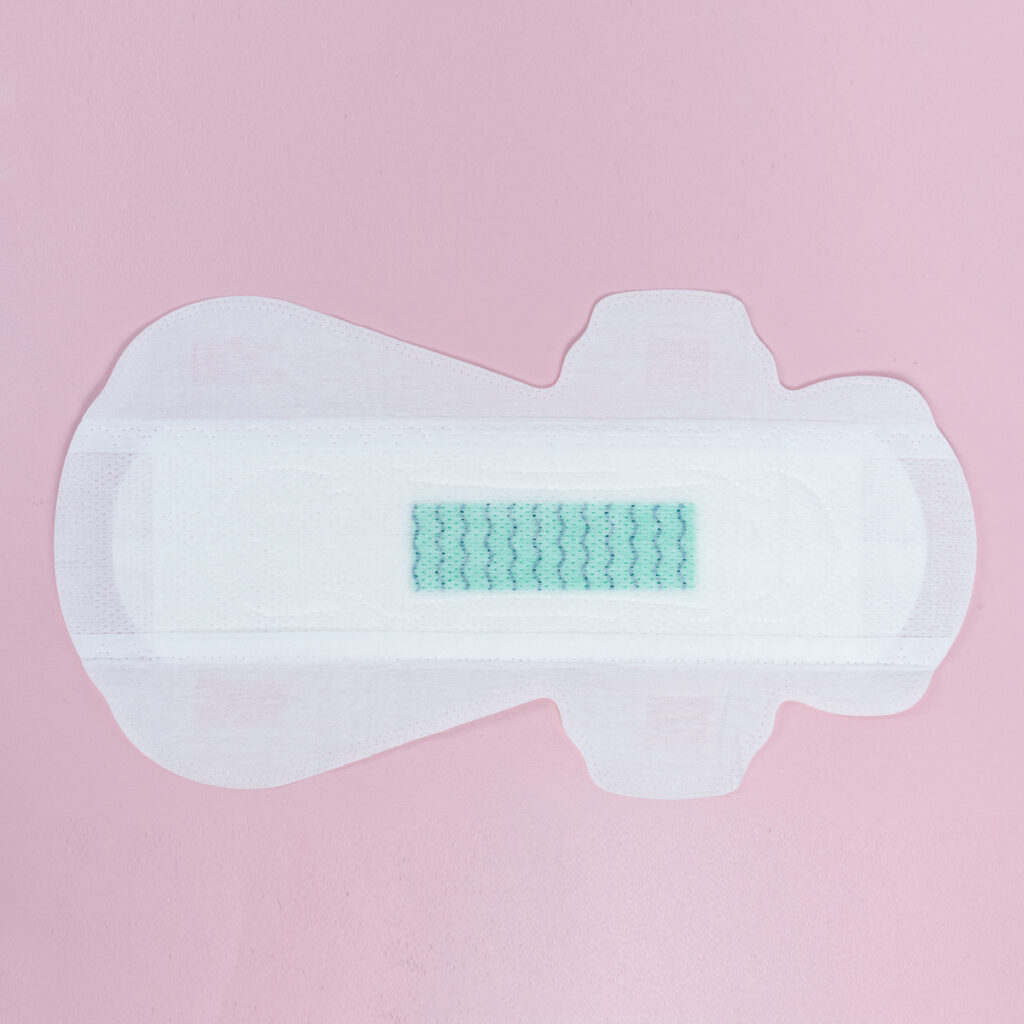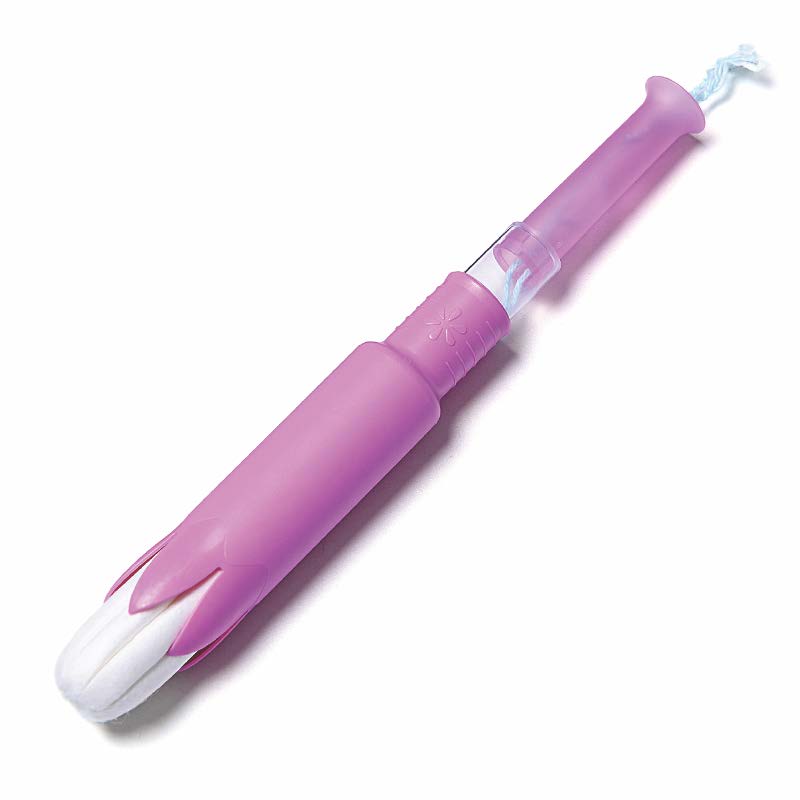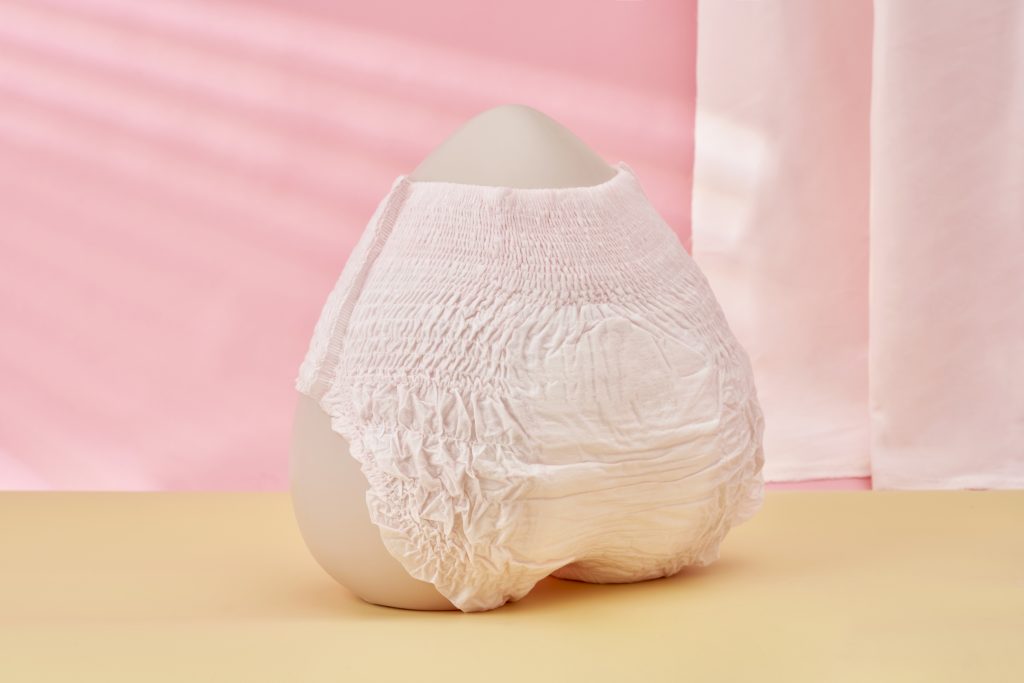Getting your period is a significant milestone, marking the start of puberty and your body’s journey into womanhood. While exciting, it can also be confusing and even a little scary.
What is a Period?
Menstruation, or your period, is a natural monthly process in which your body sheds the lining of your uterus (womb). This lining thickens each month in preparation for a possible pregnancy. If pregnancy doesn’t occur, the uterine lining breaks down and is expelled from the body through the vagina as menstrual blood. This blood is a mixture of blood, tissue, and mucus.
When Does Your Period Start?
Most girls get their first period, or menarche, between the ages of 10 and 16. The exact age varies, influenced by genetics, overall health, and nutrition. There’s no need for alarm if your period starts earlier or later than your friends. It’s perfectly normal for there to be individual differences.
What Happens During Your Period?
The menstrual cycle typically lasts around 28 days, although this can vary from person to person. It involves several stages:
- Menstrual Phase (Days 1-5): This is when bleeding occurs. The uterine lining sheds, resulting in menstrual flow. The amount of bleeding and the number of days you bleed can vary, and it’s perfectly normal for this to fluctuate from month to month.
- Follicular Phase (Days 6-14): Your ovaries begin to mature an egg. The pituitary gland in your brain releases hormones that stimulate the growth of follicles in the ovaries. One follicle will eventually release a mature egg.
- Ovulation (Day 14, approximately): This is when a mature egg is released from one of your ovaries. It travels down the fallopian tube, where it can potentially be fertilized by sperm.
- Luteal Phase (Days 15-28): After ovulation, the follicle that released the egg transforms into a structure called the corpus luteum. The corpus luteum produces progesterone, a hormone crucial for preparing the uterine lining for a potential pregnancy. If fertilization doesn’t happen, the corpus luteum degenerates, leading to the decrease in progesterone and the shedding of the uterine lining.
What to Expect During Your Period:
- Bleeding: The amount of bleeding varies from person to person. Some girls experience light bleeding, while others have heavier flow. Using sanitary products like pads or tampons is essential to manage the blood flow.
- Cramps: Many girls experience menstrual cramps, which can range from mild discomfort to severe pain. Cramps are caused by uterine contractions. Over-the-counter pain relievers like ibuprofen can help alleviate the pain. Applying heat (a warm bath or heating pad) can also provide relief.
- Mood Changes: Hormonal fluctuations can cause mood swings during your period. Some girls experience irritability, sadness, or anxiety. It’s important to understand that these changes are normal and often temporary.
- Other Symptoms: Some girls may experience other symptoms such as bloating, breast tenderness, fatigue, headaches, or acne.
Managing Your Period:
- Sanitary Products: Several options are available for managing your menstrual flow:
- Pads: These are absorbent pads worn externally to absorb menstrual blood.
- Tampons: These are inserted internally to absorb menstrual blood. It’s crucial to change tampons regularly (every 4-8 hours) to prevent toxic shock syndrome (TSS).
- Menstrual Cups: These are small, flexible cups that are inserted into the vagina to collect menstrual blood. They are reusable and environmentally friendly.
- Menstrual Discs: Similar to menstrual cups, but flatter and larger, they are placed higher in the vagina.
- Period Underwear: These are special underwear designed to absorb menstrual blood.
- Pain Relief: If you experience menstrual cramps, over-the-counter pain relievers (like ibuprofen or naproxen) can provide relief. Applying heat to your lower abdomen can also help.
- Healthy Habits: A healthy lifestyle can help manage menstrual symptoms. Regular exercise, a balanced diet, and sufficient sleep can improve your overall well-being during your period.
Talking to Someone:
It’s perfectly normal to have questions or concerns about your period. Don’t hesitate to talk to a trusted adult, such as a parent, guardian, teacher, school nurse, or doctor. They can provide support and guidance.
When to Seek Medical Attention:
While irregular periods are common, particularly in the first few years after menarche, you should consult a doctor if you experience:
- Extremely heavy bleeding (soaking through more than one pad or tampon per hour)
- Bleeding that lasts longer than a week
- Severe pain that doesn’t respond to over-the-counter pain relievers
- Absence of periods for several months (amenorrhea)
- Any unusual vaginal discharge or other concerning symptoms
Your period is a natural and healthy part of growing up. Understanding your cycle, managing your symptoms, and seeking support when needed will empower you to navigate this stage of your life with confidence and ease.








